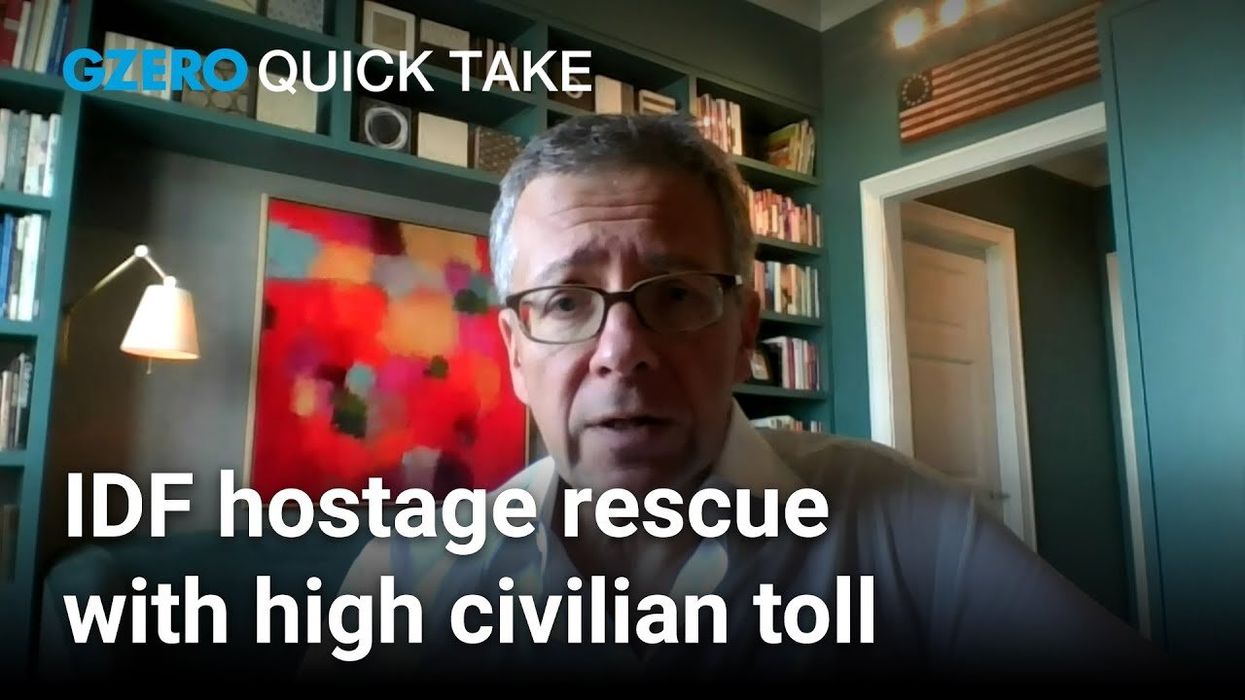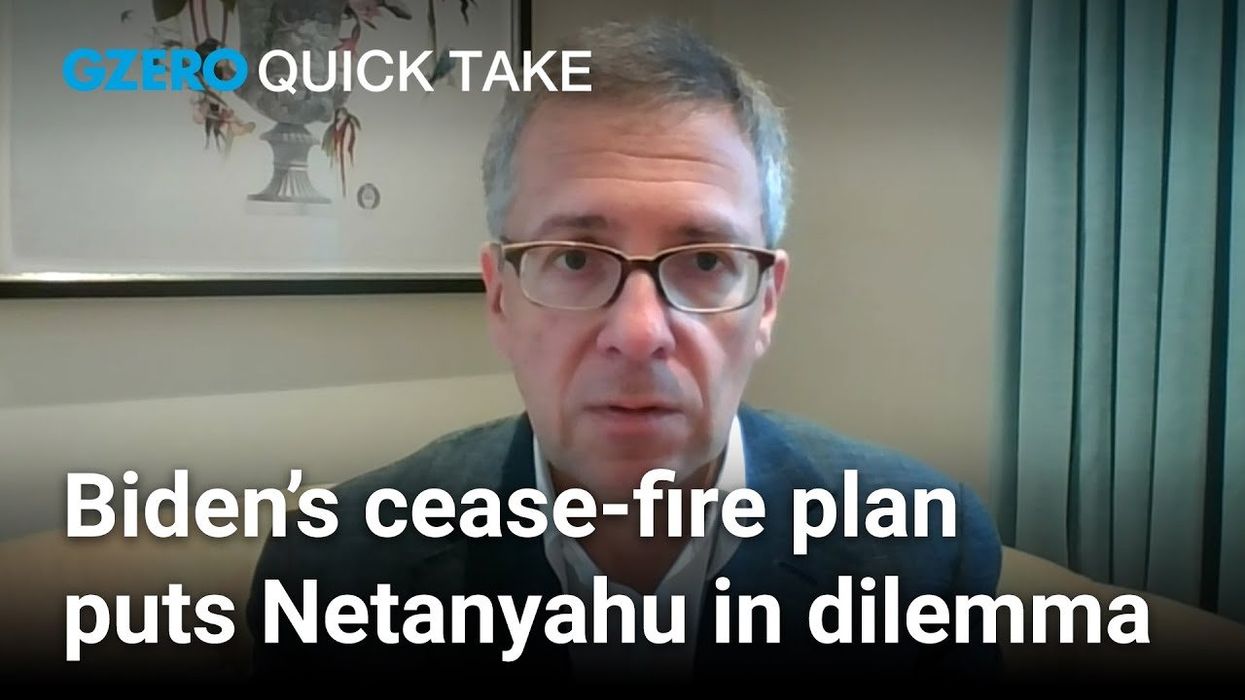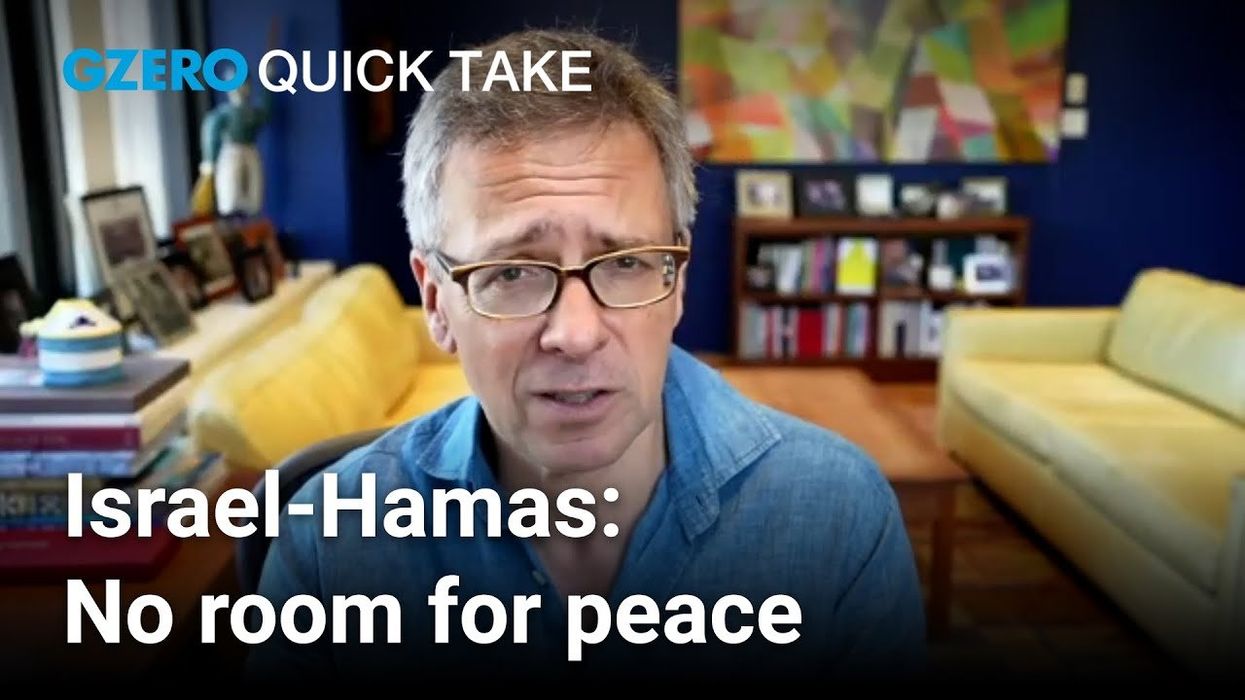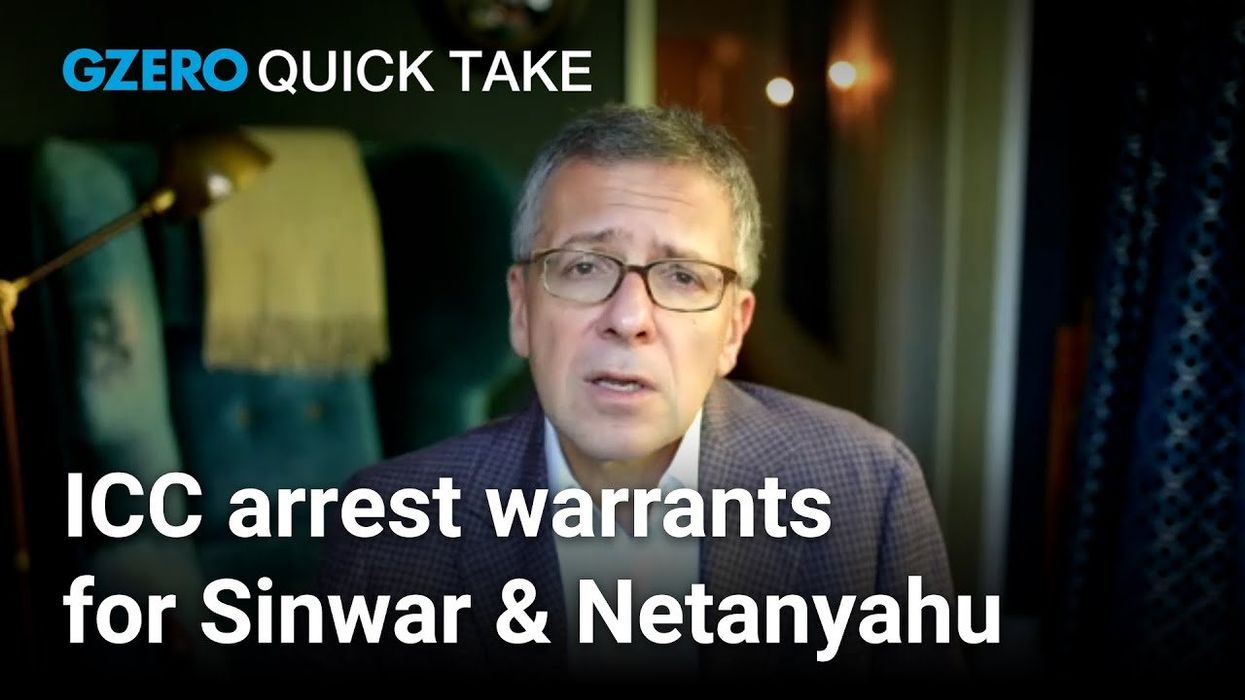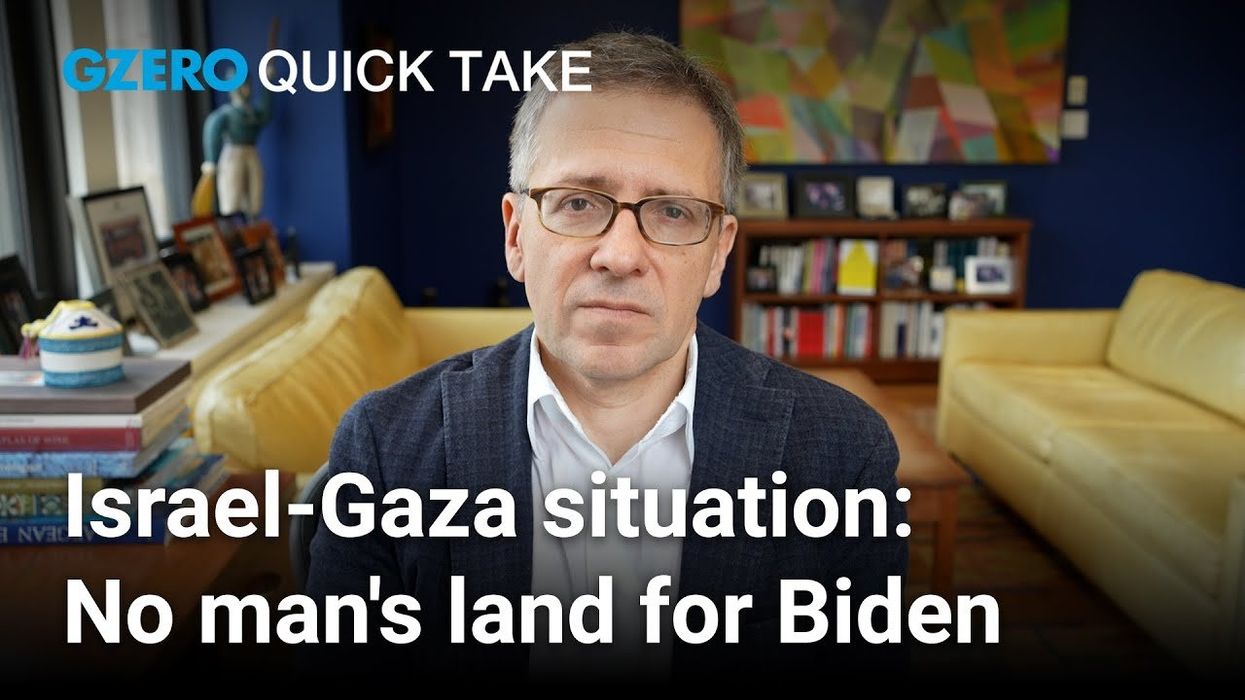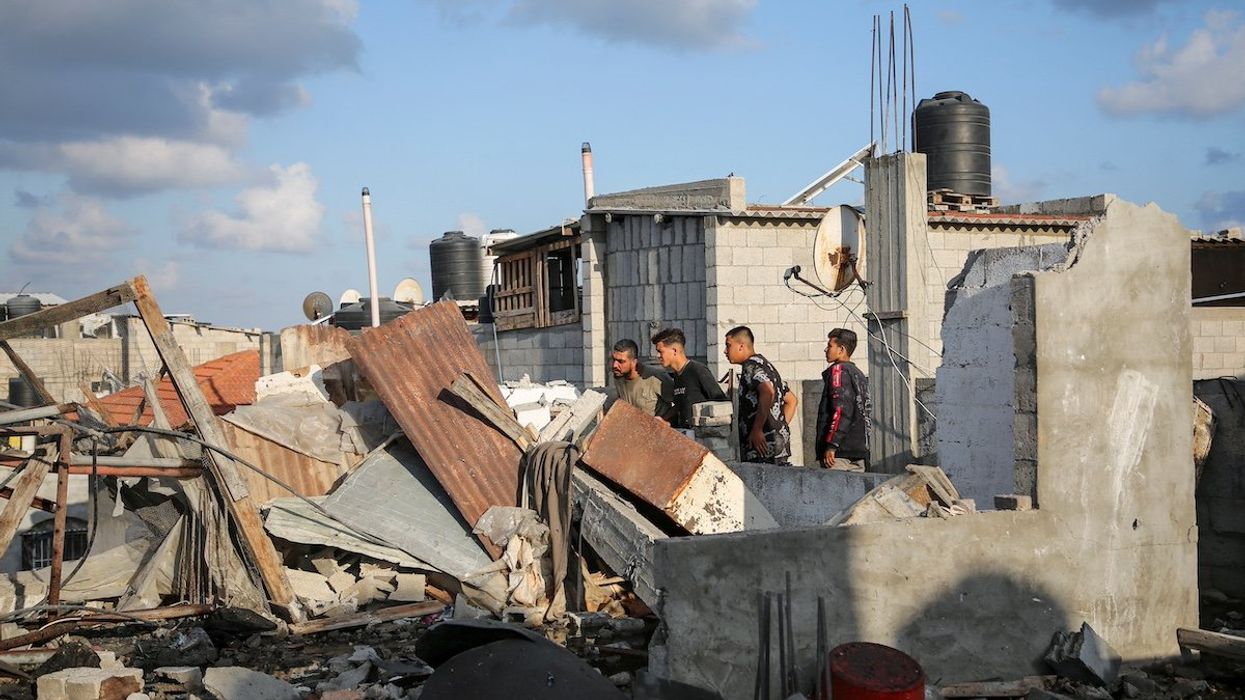Quick Take
Israel hostage rescue and the worsening human toll
Ian Bremmer's Quick Take: Four hostages were rescued by an Israeli Defense Forces operation over the weekend. To get those hostages out, there were between 100 and 300 Palestinians killed. Hamas is keeping these people in civilian homes and among a densely populated civilian area specifically to make it harder for Israelis to rescue them without having large numbers of Palestinian civilians killed. At the same time, Israel has been way too indifferent to civilian casualties.
Jun 10, 2024
